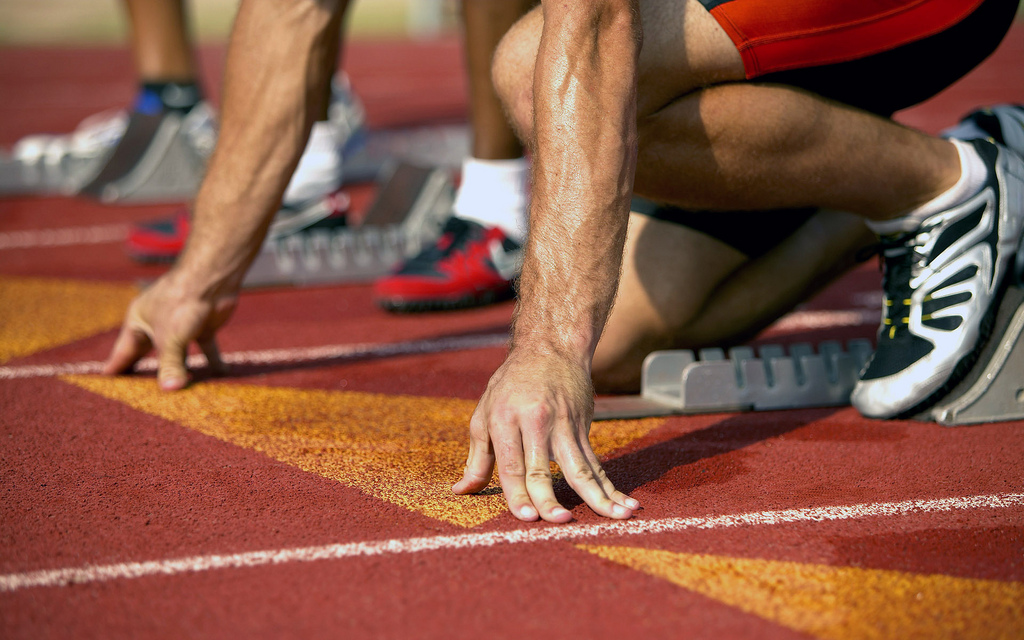
Overtraining Can Decrease Your Immune Function
A number of lifestyle factors can contribute to poor health and early death. Perhaps one of the most pernicious is stress, which can be either mental/emotional, or in the case of athletes, excessive physical stress from overtraining and lack of recovery.
Research shows that near-daily moderate-intensity physical activity benefits your immune function, decreasing the number of sick days by as much as 50 percent. Overdoing it with sustained and intense exertion, however, tends to have the converse effect.
March 18, 2016 | Source: Mercola | by Dr. Mercola
A number of lifestyle factors can contribute to poor health and early death. Perhaps one of the most pernicious is stress, which can be either mental/emotional, or in the case of athletes, excessive physical stress from overtraining and lack of recovery.
Research shows that near-daily moderate-intensity physical activity benefits your immune function, decreasing the number of sick days by as much as 50 percent. Overdoing it with sustained and intense exertion, however, tends to have the converse effect.
Acutely, stress temporarily suppresses parts of your immune system, thereby rendering you more vulnerable to pathogens and other foreign invaders.
As noted by Dr. Michael Greger in the video above, athletes who overtrain can become susceptible to respiratory infections, and may need nutritional support to avert this immune function breakdown.
Your best bet is to make sure you sufficiently recover between workout sessions, of course, but if the damage is already done, dietary supplements like nutritional yeast may help get you back in the game faster.
Overtraining can also tax your adrenals and contribute to adrenal fatigue, which needs to be addressed in order to preserve your health. Polycystic ovarian syndrome (PCOS) is yet another adrenal-related condition that can be triggered or worsened by excess mental and physical stress.
The Benefits of Nutritional Yeast
As described by Greger, under normal circumstances heavy exertion results in a dip in circulating monocytes — white blood cells that act as your body’s first line defense against invaders.
However, athletes who ate 3/4 of a teaspoon of nutritional yeast per day ended up having higher amounts of circulating monocytes two hours after intense exercise — higher in fact than their pre-workout numbers, which is quite surprising.
To assess whether this actually translates into fewer illnesses, researchers tested nutritional yeast on marathon runners. Compared to placebo, the runners who ate nutritional yeast cut in half the number of days they were sick over the following two plus weeks after the race.
Those who took nutritional yeast also reported feeling better, both physically and emotionally, compared to the placebo group. The treatment group reported feeling less fatigued, less confused, less angry, and less tense. They also reported significantly increased vigor.
